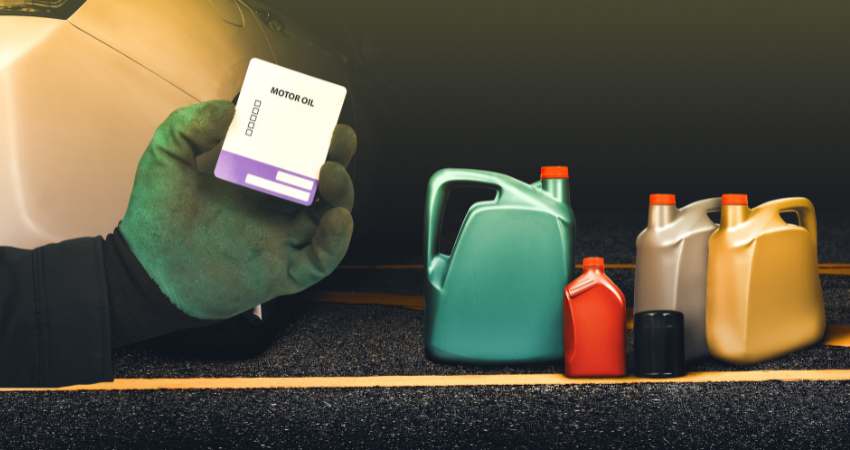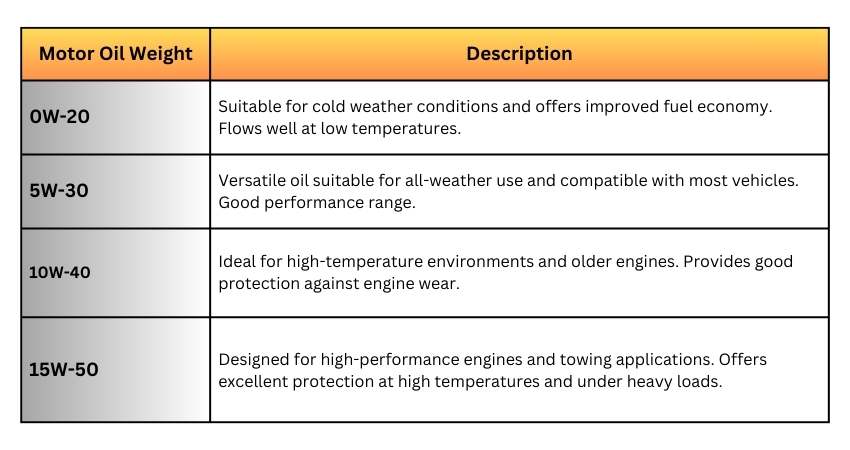1. Can Different Weight Motor Oil Be Mixed?
While it’s generally not recommended to mix different weights of motor oil, it can be done in certain situations. However, mixing oils can affect performance and should be avoided if possible. Always consult your owner’s manual or a professional mechanic before mixing oils.
2. Is It OK to Mix Different Weights of Motor Oil?
Mixing different motor oil weights is generally not recommended due to the risk of altering the oil’s viscosity and performance. It’s best to stick with a single weight or consult a professional if you’re unsure.
3. What Is the Heaviest Weight Motor Oil?
The heaviest-weight motor oil commonly used is 60-weight oil. However, this oil is typically used in specialized applications and is not recommended for most vehicles.
4. How Is Motor Oil Weight Measured?
The Society of Automotive Engineers (SAE) determines oil weight by heating each oil to 210°F and observing its performance. This test measures the oil’s viscosity, which is crucial for proper lubrication.
5. Why Is It Important to Select the Right Weight Oil for Your Engine?
Choosing the right motor oil weight is crucial for ensuring that your engine is properly lubricated and protected. Different viscosities are suited to different driving conditions, climates, and engine types.
6. Should I Use Straight Weight or Multi-Weight Oil?
Straight-weight oils are typically used in classic cars or vehicles not used for all-weather commuting. Multi-weight oils are more versatile and suitable for most modern vehicles.



